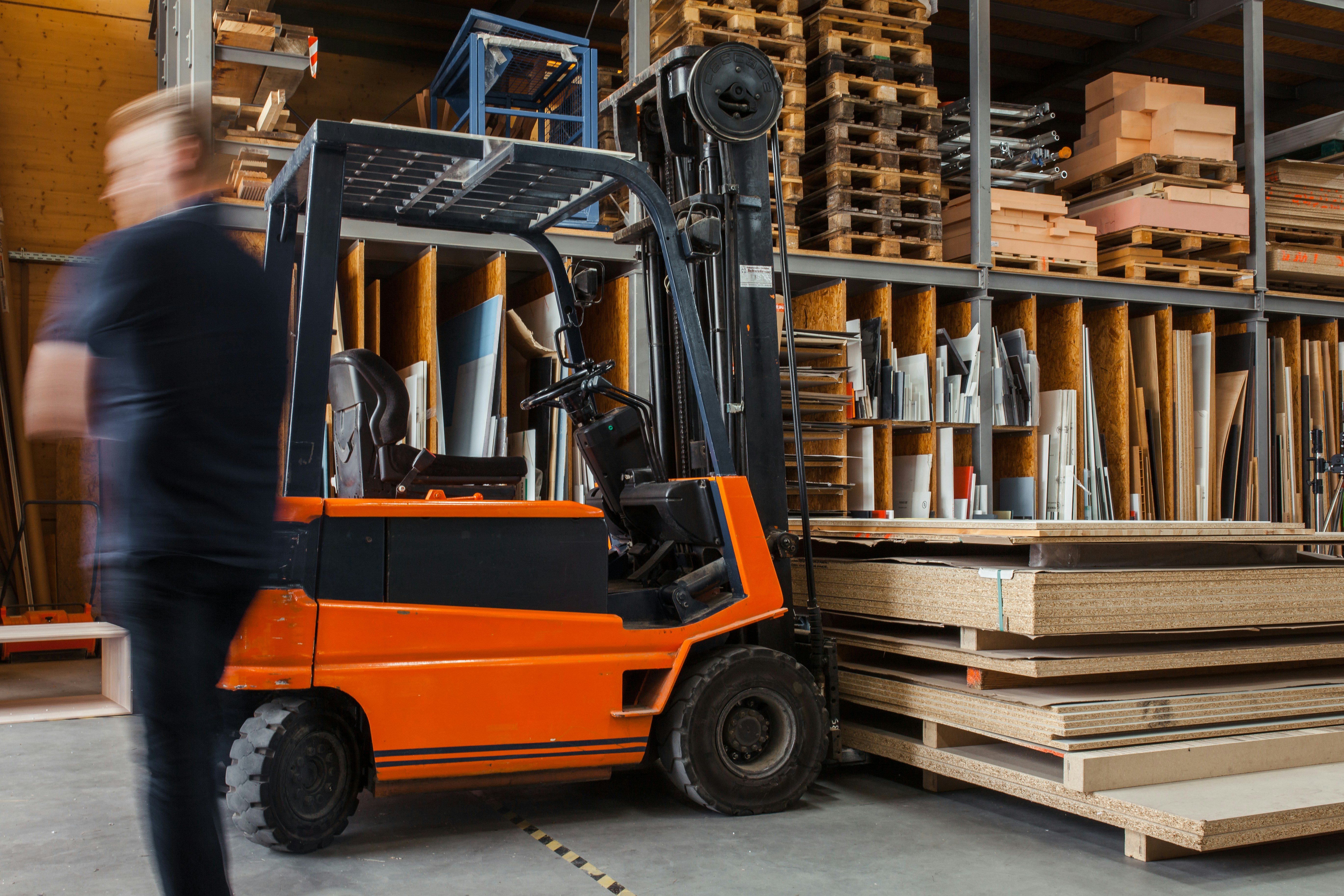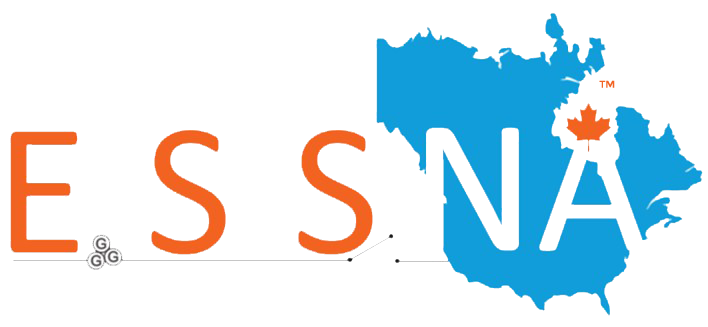Hydrogen vs Electric Forklifts: Why Toyota and Raymond Are Moving Forward
When companies think about going greener in material handling (lower Carbon Intensity), the first stop is usually electric forklifts. They’re cleaner than propane or diesel, but for high-volume operations, they come with big drawbacks: long charging times, declining performance and sealed battery packs that can’t be serviced– requiring full replacement.
That’s why leaders like Toyota Material Handling and Raymond Forklifts are moving beyond electric—toward hydrogen-powered forklifts.

Electric Forklifts: A Good Step, But Not Enough
Electric forklifts remain popular for their:
- Zero tailpipe emissions
- Quieter operation indoors
- Familiar technology
But they fall short in areas critical to productivity:
- Charging takes 6–8 hours for a single battery
- Performance drops off mid-shift as voltage declines
- Warehouses need dedicated charging rooms
- Battery swaps create downtime
For operations that run multiple shifts or require continuous uptime, these limitations can add cost and complexity.
Hydrogen Forklifts: A Smarter Upgrade
Hydrogen fuel cell forklifts eliminate those pain points. They:
- Refuel in 3 minutes
- Deliver consistent power until empty
- Free up space by removing battery rooms
- Cut carbon intensity, especially when paired with on-site hydrogen
With proven models already available from Toyota Material Handling and Raymond Forklifts, hydrogen isn’t a “future technology.” It’s already helping warehouses and distribution centers run faster, cleaner, and more efficiently.
Why On-Site Hydrogen Matters
Of course, choosing hydrogen forklifts is only half the equation. You also need a supply strategy that doesn’t create new headaches. That’s where ESSNA™ (Energy Security Services North America) comes in.
- We deliver on-site hydrogen generation, so you’re never waiting on fuel trucks or paying delivery premiums.
- Our dispensing systems let operators refuel forklifts in under 3 minutes, just like propane.
- With our industry-leading purification, you can trust every tank to meet fuel-cell grade standards.
- Through Energy On-Site Without Capex™, you pay only for the hydrogen you use—no massive upfront investment.
This means companies can adopt hydrogen forklifts with confidence, knowing their supply will be reliable, cost-effective, and scalable.
The Best Forklifts for the Future: Ranked
1. Toyota Material Handling — Best Overall for Hydrogen-Ready Fleets
Toyota is the global leader in forklifts and one of the first movers in hydrogen. Their fuel cell forklifts are designed for high-volume, multi-shift operations that demand durability and uptime. For companies looking to future-proof their fleet, Toyota sets the standard. The trade-off is a higher upfront cost compared to electric forklifts, though the long-term savings and performance gains outweigh it, lowering operational cost.
2. Raymond Forklifts — Best for Distribution & Logistics
Raymond forklifts are known for efficiency and operator-friendly design. With hydrogen fuel cells, they become even more powerful—refueling in minutes and running at full performance until empty. This makes them ideal for fast-paced warehouses and logistics hubs where downtime isn’t an option. Availability can be more regional compared to Toyota, but they remain a strong choice for North American operations.
3. Hyster-Yale — Best for Hydrogen Pilot Programs
Through its partnership with Plug Power, Hyster-Yale has made progress in integrating hydrogen fuel cells into its forklifts. While not as widely deployed as Toyota or Raymond, Hyster-Yale is a serious contender for companies interested in testing hydrogen in smaller pilots before committing to full fleet conversions.
4. Crown Equipment — Best for Electric-Focused Operations
Crown has built a strong reputation in electric forklifts and warehouse solutions. Their designs are efficient and well-suited for many facilities. However, they remain tied to batteries and haven’t yet embraced hydrogen at scale, which limits long-term sustainability potential compared to Toyota and Raymond.
5. Jungheinrich — Best for Automation-Heavy Facilities
As a pioneer in electric forklifts and warehouse automation, Jungheinrich is strong in the European market. Their forklifts integrate seamlessly with advanced automation systems. But hydrogen adoption remains limited, making them less attractive for businesses committed to next-generation, low-carbon solutions.
The Bottom Line
Electric forklifts are a good step forward, but for companies that need faster turnaround, higher uptime, and lower carbon intensity, hydrogen forklifts from Toyota and Raymond are the clear leaders.
With ESSNA’s on-site hydrogen generation and dispensing, your fleet can run at full productivity without worrying about delivery delays, downtime, or hidden costs.
Ready to upgrade your forklift fleet? Contact ESSNA™ today to learn how on-site hydrogen can transform your operations.
Contact us at: https://www.energysecurity-na.com/contact-us

